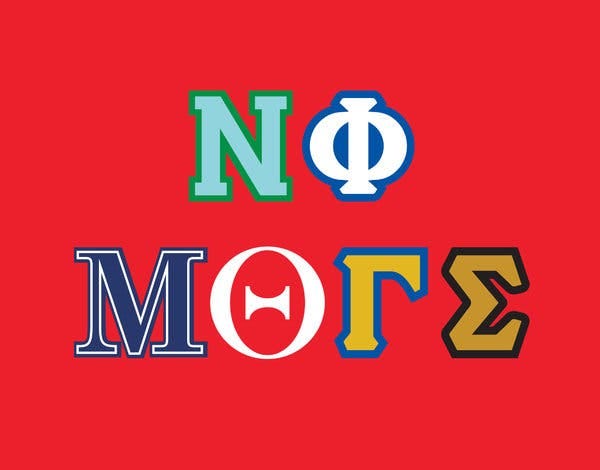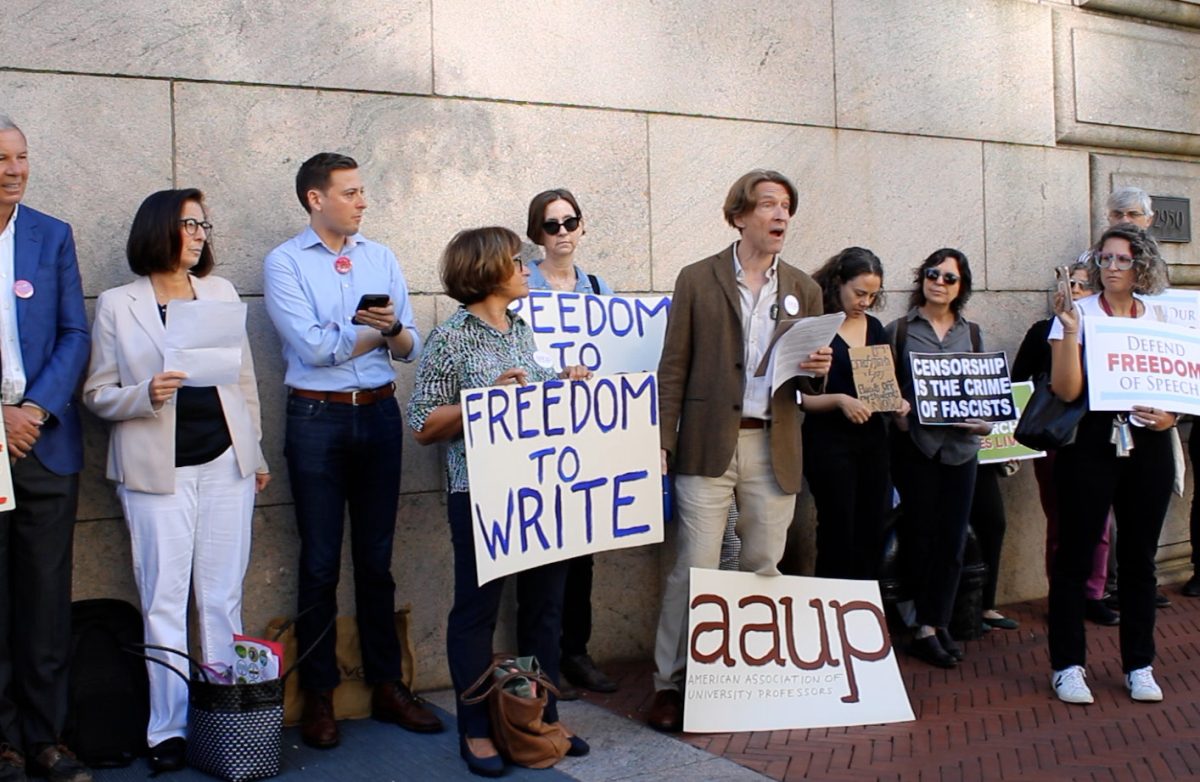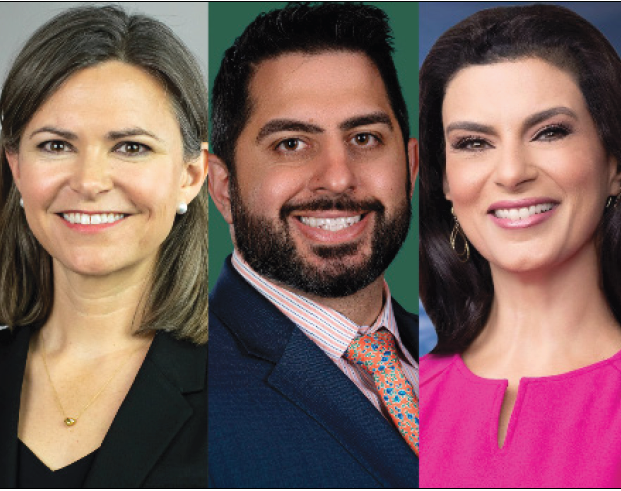
You’ve heard it once, you’ve heard it twice. You’ve probably seen or read Dorothy Poucher ‘21’s 2018
article
describing the power dynamics and stress when rushing a Greek organization. Focused on a series of events from Fall ’20 in which PBX was suspended, Poucher describes the various mental and physical abuse that the Class of 2021 underwent. She lays out how Greek life’s secretive control over communication with the college has created a history of “leaving many uncomfortable and immoral incidents…unreported,” all while the College administration benefits.
While COVID has affected almost every part of College operations, it’s time to examine exactly how much the
culture
has changed. I want to speak from experience as a friend of countless people that have gone through or experienced the pledging process. Every single one of my friends’ experiences fills me with the same emotions: concern, desperation, and anger. I know this won’t stop anytime soon. So to all the current pledges and members of Greek life, I want to pose a simple question: is the genuine brotherhood and sisterhood that you are promised actually true?
The universal claim of Greek organizations is that it provides life-long friendships. Before we go any further, it’s important to mark the distinction between friendship and fraternity. Friendship, what we assume most Greek organizations exist to create, is based on mutual respect and caring for one another. It is formed on a mutual assurance of continuity, something that transcends time or our lives. It is not about an organization, nor necessarily a material object, but rather about the essence of love and bereavement of life.
Greek organizations instead follow a warped sense of
fraternity
. This concept assumes a common connection based on the natural relationship. It takes an opposite approach to community, in which the community is assumed and your entry into said space must be explained. You are contributing to the whole which will outlast you and your specific memories.
To be granted access to these spaces, you must prove yourself to be part of the community. The “bonding” many fraternity members uphold as defining moments of their college experience are simply abuse and trauma. When I hear these people speak about their memories, I am reminded of our parents telling us how they were beaten as children and that they were stronger for it. What they need, what we all need, is to reexamine the relationships surrounding us.
Another argument that I hear constantly regurgitated is that Greek life is a lot calmer at this school than at large institutions. Is that the standard, or are you seeking to rationalize an unjustifiable system? The emotional and physical abuse caused by Greek life hazing should be rejected no matter the severity or setting. Whether that is having sorority members yell at you in a car after being up for 35 hours or being pressured into drinking until you are blackout, that abuse is unacceptable.
While many groups have evoked the “challenge by choice” mantra popularized during orientation, it completely ignores the group pressures and dynamics that encourage said person to go against what their body wants and needs. It completely ignores how fraternities do not care about the individual or marginalized people, they care for the collective upholding of structural issues. Many Greek organizations will claim that they raised money for BLM this summer or had a DEI training from the DMC. Does it erase the decades of abuse that sustained Greek organizations? Does it erase the racial barriers that prevented BIPOC people from once entering these spaces? Does it erase the micro and macro aggressions current BIPOC students have to put up with? Does it erase the systemic coverup of sexual misconduct and the countless victims that have had to sit across from their assaulter for years? That is the
fraternity
that some of us know all too well at Hamilton College.
Pledges, as you are about to enter the home stretch, ask yourself if what you are going through right now is worth it? Will it produce the “friends” and relationships that you hear about. I have already heard of pledges not being able to complete schoolwork, not see their friends, and even not eating regular meals. No amount of reform can fix those issues or address the systemic issues threaded throughout Greek life.
I urge you to think through the path you are going down. You are meant to feel isolated and alone during this process, that is how Greek life obtains your devotion. I have friends, mainly queer and BIPOC individuals, who decided to leave during pledging. While their friends said, “I agree with your concerns” or “I will leave too,” they end up standing alone. Break the cycle. Reach out to your support systems that have demonstrated actual connection and caring, not the demeaning facade of the people putting you through abuse. Do you really want to become complicit in the continuance of this system?

















